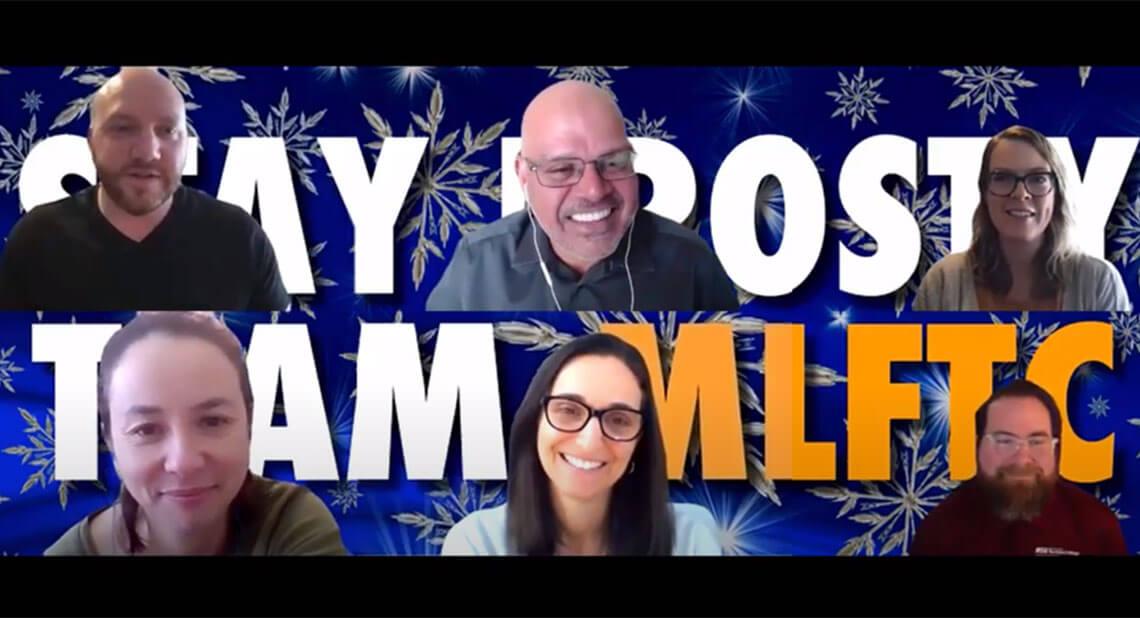
It has been nine weeks — nine LONG weeks! — since the COVID-19 crisis turned our “normal” lives upside down. For me personally, the biggest challenge has been balancing working from home with taking care of my two young children, without all of the usual support. As we have all struggled to navigate our own specific situations at home, my colleagues and I on the OofSI and PI teams have been navigating how to respond to the crisis in our professional capacities and also do our best to move our work forward under changed circumstances.
At first, like everyone else, we were in a reactive, response mode. What events should we cancel? What should we move online? How do we set up virtual structures to communicate, get work done, support one another? How do those of us with kids at home balance our work and family responsibilities? How do we do all of this while keeping in mind our commitment to principled innovation?
Fairly quickly, we put some basic remote-working structures in place (including a daily morning leadership team check-in — the image on this page is from a video we made for our all-college meeting), and found ways to contribute to supporting our students, faculty, staff and community partners. To give an overall sense of what our teams have been up to, here are some of the main ways we responded in the first several weeks of the crisis. It is only now, as the semester winds down, that we’ve had a moment to reflect on this.
- MLFTC Community Resources page: Contributed to creating web pages housing a curated selection of online education and well-being resources for families, educators and education leaders. This resource, the first version of which was completed over a weekend, has been shared widely by our community partners to parents and was at one point the most visited page on the MLFTC website.
- Sun Devil Learning Lab (SDLL): Collaborated with colleagues across MLFTC to launch and maintain a YouTube Live Stream channel for teacher candidates to broadcast daily lessons for grades K-8. A key part of making this happen were the Education Technology Champions, our IgnitED Labs student workers who quickly shifted roles to support this effort (read more about our involvement here and here).
- Worked with the Office of Professional Experiences to support faculty through the change in their roles by hosting facilitated conversations to discuss navigating uncertainty.
- Moved a variety of events online, working to plan and facilitate rich, interactive and engaging online experiences by using a variety of tools and approaches.
- Worked with others in the college to organize conversations with faculty and doctoral students to assess immediate research support needs due to the pandemic, and discuss how their expertise could contribute to rethinking and shaping their areas of research going forward in the post-COVID-19 world.
- Worked with ASU Prep Digital and the ASU Foundation to support training for the Arizona Online Teaching Corps; this work is ongoing.
- Launched a weekly “Mindful Mindlessness” session to provide a space for staff and faculty to build community through fun, low-stakes, “watercooler” conversations.
As time has passed, we have turned our attention back to more of our “regular” pre-COVID work, thinking about how to advance the goals and work of our teams in the context of our current reality. For instance, the Principled Innovation team is focusing on developing a toolkit of resources to support educators in bringing a PI lens to their work, in addition to continuing to support the college’s program redesign work more broadly. The OofSI and PI teams collaborated to lead an online design charrette with faculty and staff from across ASU to explore what makes for transformative online learning experiences. Grant proposals are moving forward, new international collaborations have emerged, and we proceeded with our annual internal grants program for faculty in MLFTC, extending the deadline and assigning peer reviews.
In the coming weeks, we plan to take the ideas behind the in-person Learning Futures Leadership Studio for education leaders that we were planning for June, and create new virtual programming and opportunities for engagement that explore the same themes. Through all of this, I have appreciated the continued connection with colleagues and the sense of purpose and focus that our work together brings to this uncertain time.